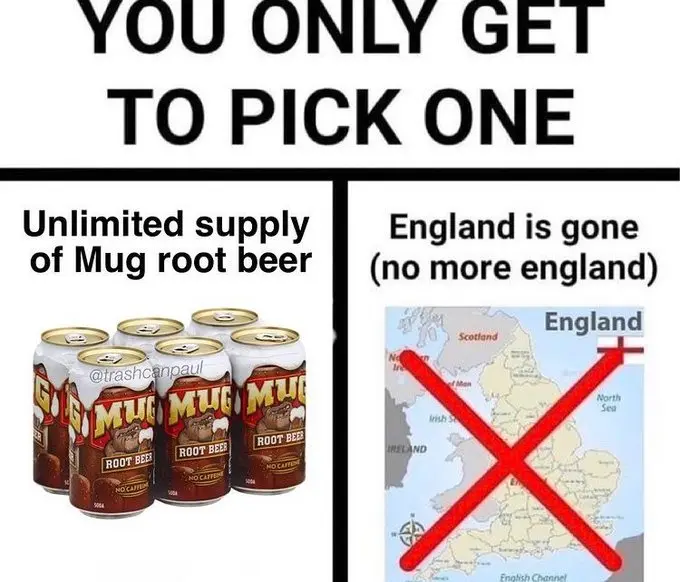this post was submitted on 27 Sep 2024
405 points (97.0% liked)
196
18363 readers
1017 users here now
Be sure to follow the rule before you head out.
Rule: You must post before you leave.
Other rules
Behavior rules:
- No bigotry (transphobia, racism, etc…)
- No genocide denial
- No support for authoritarian behaviour (incl. Tankies)
- No namecalling
- Accounts from lemmygrad.ml, threads.net, or hexbear.net are held to higher standards
- Other things seen as cleary bad
Posting rules:
- No AI generated content (DALL-E etc…)
- No advertisements
- No gore / violence
- Mutual aid posts are not allowed
NSFW: NSFW content is permitted but it must be tagged and have content warnings. Anything that doesn't adhere to this will be removed. Content warnings should be added like: [penis], [explicit description of sex]. Non-sexualized breasts of any gender are not considered inappropriate and therefore do not need to be blurred/tagged.
If you have any questions, feel free to contact us on our matrix channel or email.
Other 196's:
founded 2 years ago
MODERATORS
you are viewing a single comment's thread
view the rest of the comments
view the rest of the comments

Trivium found on Wikipedia:
The guy that commercialised it was a teetotaller and wanted it to be called Root Tea, but because his target market were miners in Pennsylvania, he opted to call it Root Beer instead.
From my understanding, that title would be more accurate too, as it is produced from molasses with extract rather than grain mash, but my source is "skimmed Wikipedia" on both topics, so you should probably default to skepticism.
Either way, it apparently doesn't taste like beer, comes in both alcoholic and non-alcoholic* variants, usually doesn't contain caffeine and has a ton of flavours and variants from all over the world. If you care, you probably can find some.
*The process does involve fermentation, so I assume it will contain some ethanol still, even if it's below the threshold for the "non-alcoholic" label, in case that's an issue for you.